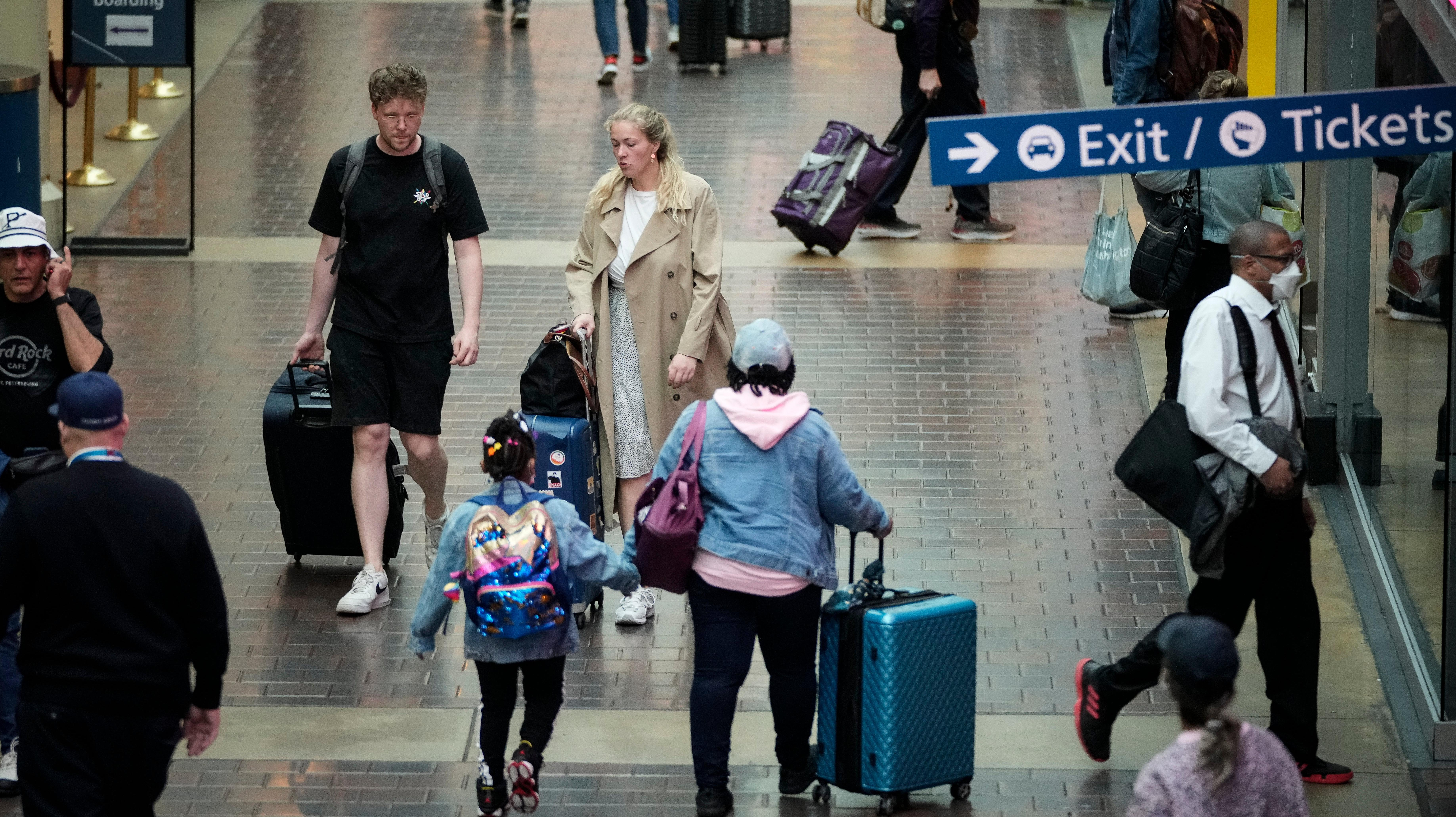Railroad Strike Could Tie Up Thousands Of Travelers
Amtrak suspended some of its cross-country routes in anticipation of the looming strike.
The looming railroad workers strike could end up affecting how everything moves around this country, even people. Amtrak canceled several of its popular and picturesque cross-country routes this week in anticipation that a strike would render the freight rails such trains run on inoperable.
Amtrak is not involved in the union negotiations, as the current sticking point mainly involves freight line workers, but outside of the Northwest corridor Amtrak mainly runs on freight track, especially west of Chicago. These routes carry folks through the midwest and western states, often on multi-day runs that serve as both transportation and sightseeing vacation. So far, the lines affected include such popular the 40-hour-plus train the Southwest Chief, Empire Builder, California Zephyr.
These long haul trains departing from Chicago for destinations west next Tuesday have been canceled, plus a portion of the Texas Eagle route, which takes passengers from Los Angeles to San Antonio. Passengers are able to reschedule their trip without fees or penalties or receive a full refund. The Association of American Railroads said in a September 8 statement that hundreds of thousands of travelers could be affected.
Places where people use Amtrak on the daily, like the Boston-New York-Washington D.C. corridor, currently remain unaffected. But shorter, interstate lines in other states could see cancelations starting early next week, according to Business Insider.
Currently, two out of 13 railway workers' unions are still holding out for a better contract from the big railways: the Brotherhood of Locomotive Engineers and Trainmen and the SMART Transportation Division. These two unions are very strong and count the most members out of all the unions. They're demanding more flexibility in terms of sick time and paid leave, as well as more workers to cover when such situations arise. Currently, engineers and conductors say they face censure and even firing for calling in sick, taking a day to go to the doctors, or experiencing a family emergency. Overtime is often mandatory, leading workers to work for hours on end, day after day, with no break. While meanwhile train companies have experienced the largest profits in their 160-year histories.
